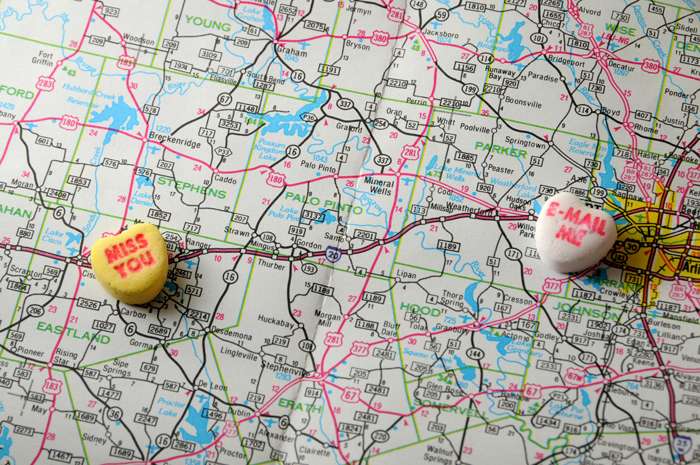On "Shrinking Women"
/In my corner of the universe there has been plenty said lately on feminism -- it's merits and detractions, the way it liberates and promises hope and the way it frightens and ensures contention.
Me? I'm for people. Girl people and boy people. All of them should be afforded opportunity, a voice, a room of one's own. Still, I have to admit I empathize with the girl issues -- what with being a girl in a world of men (even very nice, understanding, kind-hearted men). I love this poem by Lily Myers called "Shrinking Women," performed in 2013 at the College National Poetry Slam. The video has made the rounds a number of times, but it fell across my FB feed just the other day and I gasped in remembrance of its power and truth.
Shrinking Women
Across from me at the kitchen table, my mother smiles over red wine that she drinks out of a measuring glass.
She says she doesn’t deprive herself,
but I’ve learned to find nuance in every movement of her fork.
In every crinkle in her brow as she offers me the uneaten pieces on her plate.
I’ve realized she only eats dinner when I suggest it.
I wonder what she does when I’m not there to do so.
Maybe this is why my house feels bigger each time I return; it’s proportional.
As she shrinks the space around her seems increasingly vast.
She wanes while my father waxes. His stomach has grown round with wine, late nights, oysters, poetry. A new girlfriend who was overweight as a teenager, but my dad reports that now she’s “crazy about fruit.”
It was the same with his parents;
as my grandmother became frail and angular her husband swelled to red round cheeks, round stomach
and I wonder if my lineage is one of women shrinking
making space for the entrance of men into their lives
not knowing how to fill it back up once they leave.
I have been taught accommodation.
My brother never thinks before he speaks.
I have been taught to filter.
“How can anyone have a relationship to food?” He asks, laughing, as I eat the black bean soup I chose for its lack of carbs.
I want to tell say: we come from difference, Jonas,
you have been taught to grow out
I have been taught to grow in
you learned from our father how to emit, how to produce, to roll each thought off your tongue with confidence, you used to lose your voice every other week from shouting so much
I learned to absorb
I took lessons from our mother in creating space around myself
I learned to read the knots in her forehead while the guys went out for oysters
and I never meant to replicate her, but
spend enough time sitting across from someone and you pick up their habits
that’s why women in my family have been shrinking for decades.
We all learned it from each other, the way each generation taught the next how to knit
weaving silence in between the threads
which I can still feel as I walk through this ever-growing house,
skin itching,
picking up all the habits my mother has unwittingly dropped like bits of crumpled paper from her pocket on her countless trips from bedroom to kitchen to bedroom again,
Nights I hear her creep down to eat plain yogurt in the dark, a fugitive stealing calories to which she does not feel entitled.
Deciding how many bites is too many
How much space she deserves to occupy.
Watching the struggle I either mimic or hate her,
And I don’t want to do either anymore
but the burden of this house has followed me across the country
I asked five questions in genetics class today and all of them started with the word “sorry”.
I don’t know the requirements for the sociology major because I spent the entire meeting deciding whether or not I could have another piece of pizza
a circular obsession I never wanted but
inheritance is accidental
still staring at me with wine-stained lips from across the kitchen table.
--Lily Myers
























